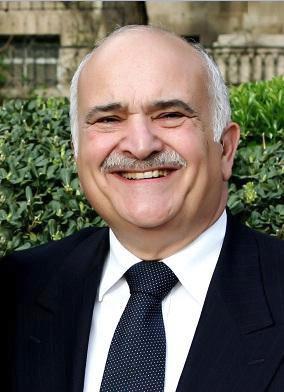- Local News
- Web-2020-11-25 | 12:06 pm

HRH Prince Hassan, chairman of the West Asia-North Africa (WANA) Institute, has highlighted the importance of adopting interdependent systems to set up long-term food security policies through linking them with water, energy, agriculture and the sustainable use of resources.
Prince Hassan made the remarks during a virtual seminar, organised on Sunday by the Economic and Social Commission for Western Asia (ESCWA) and WANA under the title "Reimagining Food Security in the Arab Region Post-COVID-19", the Jordan News Agency, Petra, reported on Tuesday.
The prince also renewed the call for establishing a regional socioeconomic council that represents collective thought to unify procedures and achieve multilateral solidarity, noting that "solidarity guarantees survival”.
He noted that two-thirds of people affected by hunger live in countries suffering from conflicts, which have weakened productive infrastructure, disrupted food value chains and led to abandoning agricultural lands due to damage or population displacement.
On research efforts in food security, Prince Hassan referred to the need to revive the agricultural and research processes, noting that figures do not make the future, yet "the guarantee of a decent future is the human and his dignity".
Meanwhile, ESCWA Executive Secretary Rola Dashti reiterated "the importance of food security and its close association with human security, social justice and green economy”, expecting the food security problem in the region in particular, and the world in general, to deepen due to the repercussions of the pandemic.
Arab Organisation for Agricultural Development Director General Ibrahim Dukhairy said that pan-Arab food security needs a structural transformation in the development approach, noting that the envisioned transformation requires innovation, cooperation, solidarity and coordination.
The meeting was part of the fourth Sustainable Development Dialogue in the Arab Region launched by the ESCWA.









